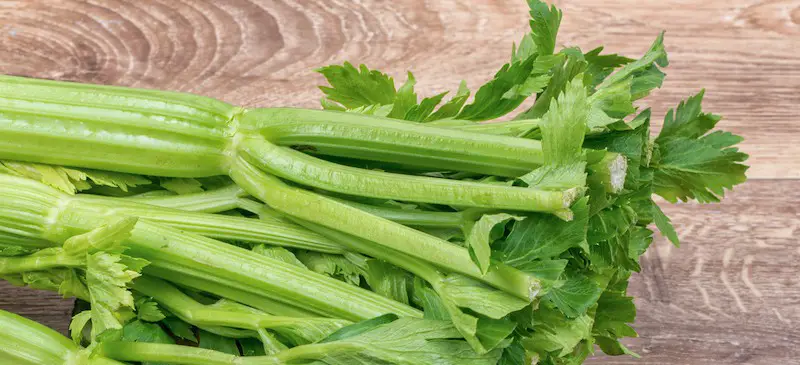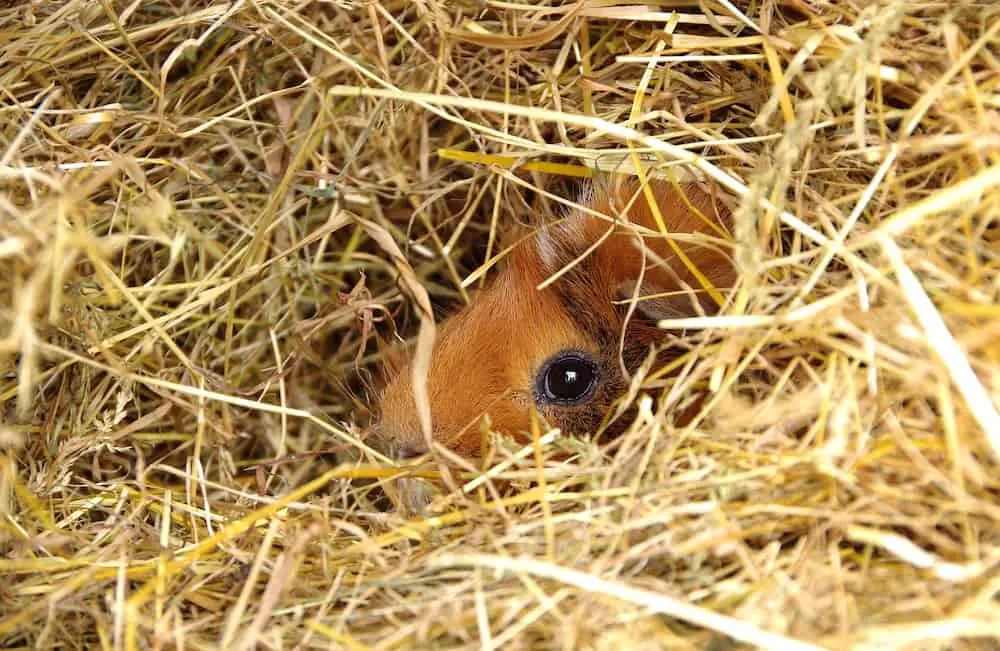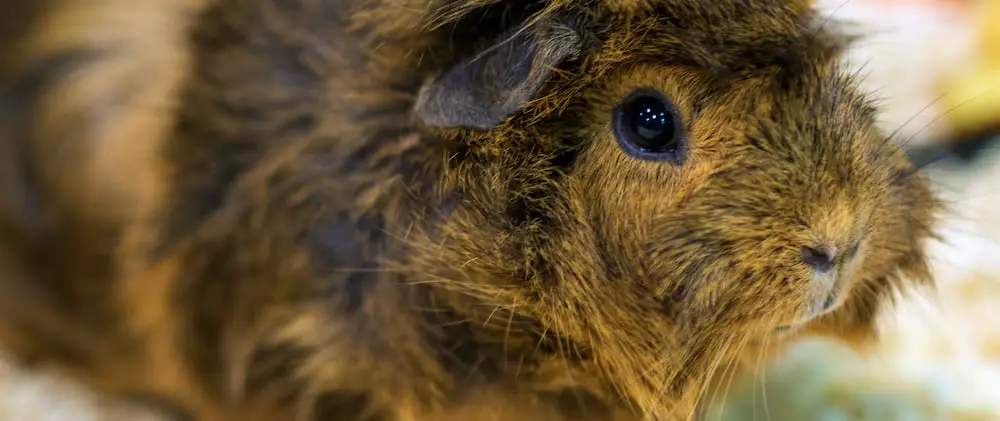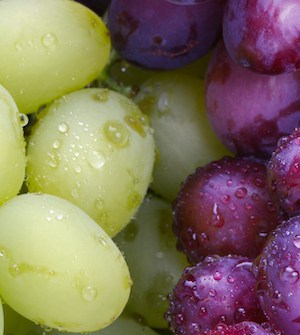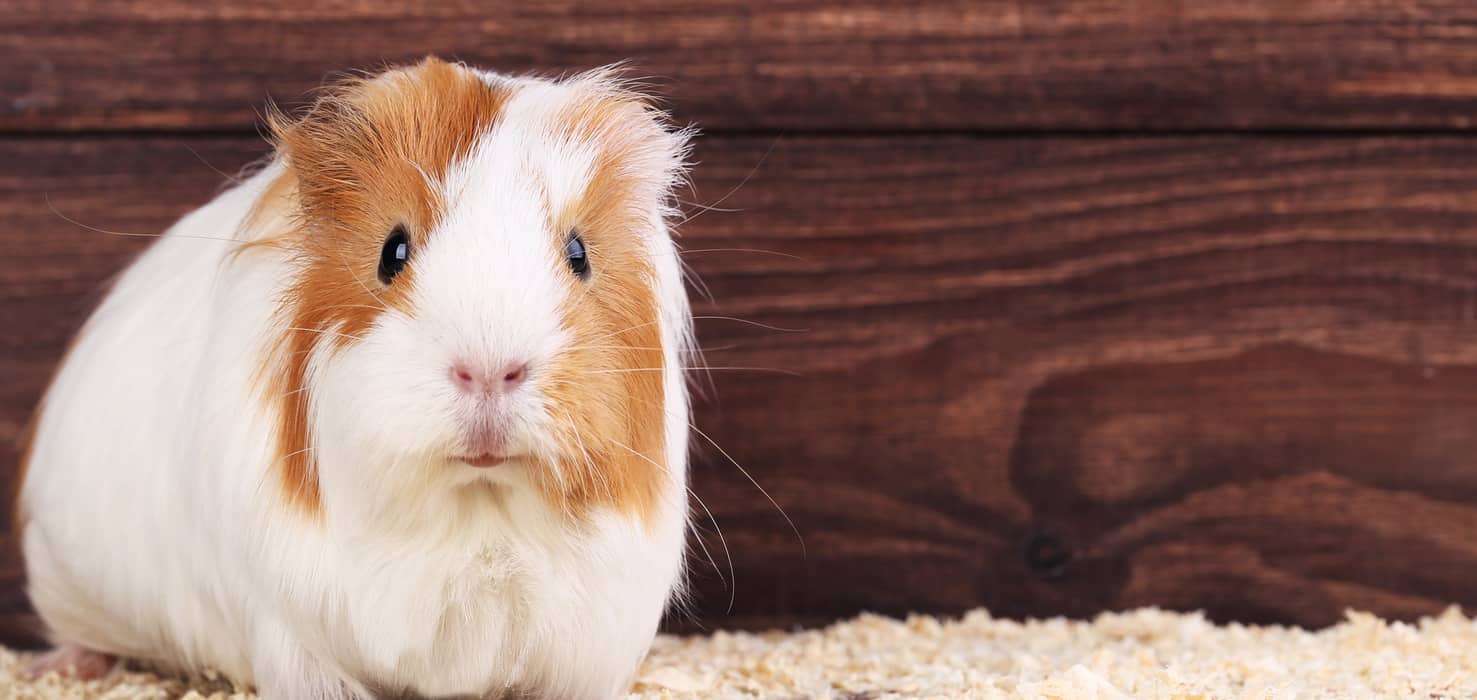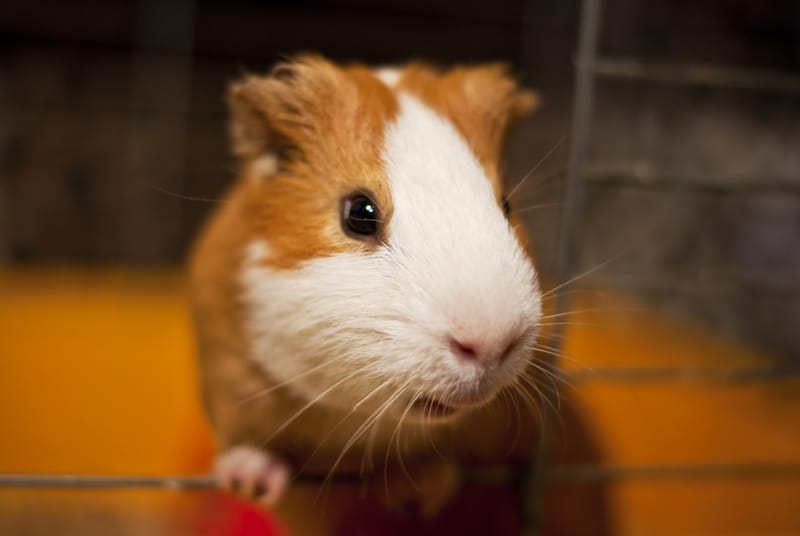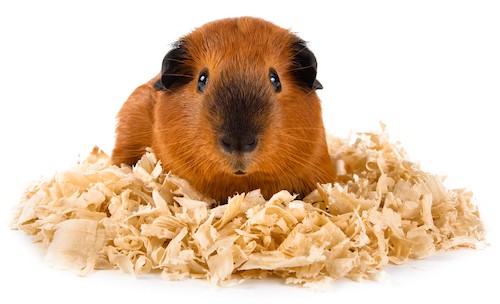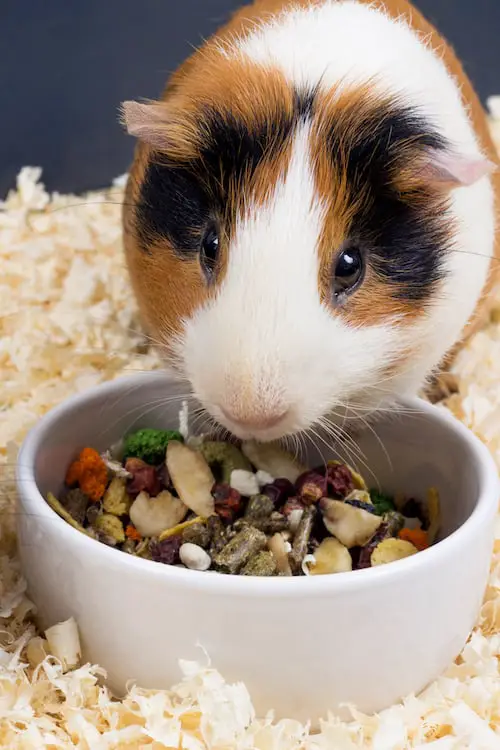Published on
If you are like most cavy owners, you are always looking out for fun ways to give your guinea pig small treats to enrich their lives and keep them healthy. One way to do this is to offer them crunchy snacks that are good for them and fun to chew.
Can guinea pigs eat celery as a healthy snack? Yes, celery is just one of the many options you have. Guinea pigs can eat celery, but there are some guidelines to follow to ensure the safety and well-being of your pet.
Keep reading to learn more about safely preparing and serving celery to your guinea pig.
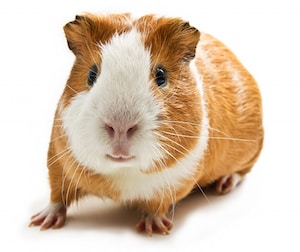
Let's dive in
Is Celery Safe for Guinea Pigs?
The main question we get is, "Is celery toxic or dangerous to guinea pigs in some way?" By and large, no.
However, there are some dangers to think about.
- First of all, the fibers of celery can be hard for guinea pigs to chew up, thanks to their small jaws. So, owners need to chop up the stalks of celery into small chunks for them. After all, chewing up the celery is critical for the easy digestion of the vegetable.
- Second, cavy owners should not think of celery as a prime source of nourishment. High-quality pellets like these, timothy hay, and water (plus a vitamin C supplement) are the keys to a healthy cavy. Fruits and veg are treats.
Aside from this, celery is a super addition to your guinea pig's diet! As with all guinea pig treats, moderation should be used to make sure your cavy is safe.
Health Benefits: Is Celery Good for Guinea Pigs?
Yes! Celery is great for guinea pigs to enjoy in moderation. It is packed with healthful vitamins and minerals, plus beneficial antioxidants.
Here are the benefits your piggy will enjoy when treated to some celery:
Eyesight Is Boosted
Guinea pigs don't have the greatest eyesight, to begin with, so we as owners have to do what we can to keep their eyesight in good health. Celery is loaded with beta carotene and vitamin A, which help keep vision healthy. Guinea pigs' eyes degenerate, so slow down the process by offering them treats packed with Vitamin A.
Keeps Them Healthy
Celery contains a lot of helpful antioxidants. Just what is an antioxidant? These are useful food compounds that fight free radicals. Free radicals start the oxidation process, which damages cells and their genetic material. Antioxidants help put a stop to free radicals.

Lowers Inflammation
Celery is a great helper in the reduction of inflammation. It contains compounds known for being anti-inflammatory, which keeps vital organs and blood vessels in a healthy state.
It's Got Water
Everybody knows that guinea pigs need to have lots of water to keep healthy and keep their body functioning at its peak. Celery is made up of mostly water, so this is an excellent way for your cavy to get some hydration. (Side note: Celery should NEVER be offered as the primary source of hydration for your guinea pig. Guinea pigs should always be given 24-hour access to water, especially on days that are hot or dry).
Low in Calories
Thanks to the fact that celery is a low-calorie food, guinea pig owners have some leeway with the amount served. Unlike fruits, which contain natural sugars, celery won't lead to type diabetes or weight gain.
You Can Make A Mix
Most of the time, cavy owners are told to keep treats small and serve them just one at a time. Fruits, for instance, should only be given in tiny amounts. Thanks to the low-calorie nature of celery, it can be mixed with other leafy greens like spinach or kale. (More treats equals more wheeks!)
Nutritional Values: What's in Celery Stalks?
One medium stalk of celery measuring 7 inches in length and weighing 40 grams contains just 6 calories.
It has no fat and no cholesterol. It has just 32 mg of sodium and potassium is present at 104 mg.
Celery also has B vitamins, also known as folic acid, Vitamin B6, Vitamin B12, riboflavin, and thiamin) plus:
- Vitamin C
- Vitamin A, D, E, K, and A.
- Calcium
How Often Should I Feed My Guinea Pig Celery?
It is perfectly safe to feed your guinea pig celery a couple of times a week.
Keep it down to 2-3 times per week, and remember to start them off with a few, say 2 or 3, small chunks.
See if they like it, and then give them a little more. Make sure to remove any uneaten celery from the enclosure as soon as they are done eating. Immediately quit serving celery if you notice wet defecation or diarrhea.
How to Prepare Celery for Your Guinea Pig?

Proper preparation of celery for your guinea pig starts at the grocery store.
- Begin by looking for sturdy celery that is nice and green in color and does not bend when picked up.
- Always ask yourself if YOU would eat the celery you have chosen. If the answer is no, then put it back down and choose a different one. Avoid moldy or spoiled celery. Some dirt is OK because you can simply wash that off.
- When it is time to eat, cut the celery into small chunks. If you have ever had chicken noodle soup with celery, think of the size of those chunks and cut them that size. You can even half those to make them easier to digest, especially if you have baby guinea pigs.
- Store the uneaten celery by placing it into a sealed plastic bag, or by wrapping it in a damp paper towel and then use aluminum foil. No matter how you store it, put it into the fridge's crisper drawer.
Celery leaves, stalks, and stems
Can Guinea Pigs Eat Celery Leaves?
The answer is- yes! Some supermarkets cut off the leaves, which is a real disappointment as guinea pigs can absolutely eat these.
Like other celery parts, you must visually inspect them to ensure they are not moldy, brown, or otherwise unsuitable for eating. After that, be sure to wash them down under running water.
Then, you can cut them off and give them to your guinea pig.
Like the stalk itself, you should keep these fed in moderation as they contain the same calcium and oxalic acid.
Can Guinea Pigs Have Celery Stems?
Certainly! Guinea pigs are able to eat celery stems, but just like the leaves and stalks, you have to be mindful of portion size. The celery stems still contain the calcium and oxalic acid we are concerned about.
Cut the stem into small parts and allow your piggy to enjoy. Make sure you are careful to remove any uneaten pieces as soon as they are all done eating.
Can Celery Kill Guinea Pigs?
By itself, no.
If your cavy gets hold of a piece of celery and eats it, it's not going to bring them any harm.
However, eating way too much of this vegetable can potentially kill your guinea pig. How could this be?
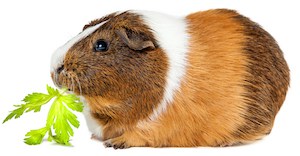
As we mentioned, celery contains calcium and oxalic acid. These can cause bladder stones that require immediate treatment from a veterinarian.
Too much celery can also lead to diarrhea in your guinea pig. If not treated, diarrhea could lead to dehydration and possibly death.
In sum, it is not the vegetable itself, but the excess consumption that could kill a guinea pig.
Conclusion
Let's summarize the main points about guinea pigs eating celery.
- Guinea pigs can eat all parts of the celery.
- They must be given small pieces.
- Celery is a treat and should be served just a few times per week.
- Too much celery can lead to diarrhea, which can lead to dehydration.
Have fun, and enjoy treat time with your cavy-safely!
Ps. Don't you just hate pet hair everywhere?
Here are my top 3 recommendations if you want to get rid of that hair once and for all:
